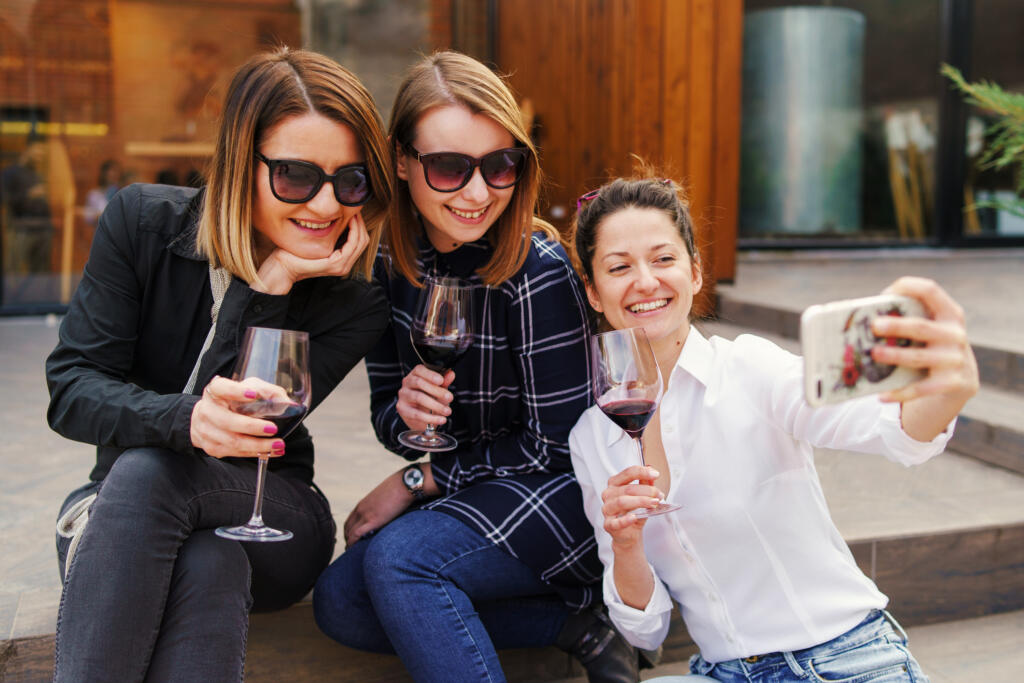
What are the rules around promoting alcohol on social media, and what are the risks to brands and influencers if they get it wrong?
There are advertising rules that brands and influencers must comply with when promoting and advertising alcohol on social media platforms – and these rules extend to influencers promoting the products on behalf of the brand and/or company.
Rules for promoting alcohol on social media
Section 18 of the UK Code of Non-Broadcast Advertising, Sales Promotion and Direct Marketing (CAP Code) contains the rules regarding alcohol. As of today’s date, there are 17 rules in this section, including but not limited to the prohibition of linking alcohol with:
- Unwise drinking styles;
- Boredom/loneliness;
- Sexual success;
- Enhancing popularity and/or confidence;
- Anti-social behaviour;
- Appealing to children; and/or
- Depiction of someone who is or appears to be under 25.
When a brand asks an influencer to promote its alcoholic products online, it must be sure to have a comprehensive influencer contract in place, which requires the influencer to comply with the CAP Code. Especially, the rules which relate to the promotion of alcohol on social media.
What brands should be aware of
The brand should carefully consider whether the influencer themselves are an appropriate choice to endorse and/or promote the alcoholic product.
Brands have been deemed to breach the CAP Code when using influencers to promote alcohol on social media for appearing under the age of 25 – even if the influencers themselves are 25 years old. This is why creating a proper influencer due diligence process into the brand’s marketing strategy is key, as well as ensuring that the brand has the right controls over the content, the timeline and access to the follower engagement statistics.
It is recommended that any “gifted” alcoholic products are accompanied with information regarding the promotion of alcohol on social media and the do’s and don’ts to lessen the risk of the brand hitting the headlines for failing to comply with the ASA rules or the Consumer Market Authority guidance on social media endorsements.
The influencer marketing industry is growing rapidly, and it is important that brands are prepared and properly protecting themselves before it can exploit the benefits of using influencers to promote and/or endorse their products on social media – especially when it comes to regulated products – alcohol is not the only regulated product out there.
The risk with promoting alcohol on social media
Ultimately, the risk for brands is damage to their brand reputation – an ASA ruling can create adverse publicity, media refusal, the removal of pay-per click ads, disqualification from industry awards, landing a place on the ASA’s “wall of shame”, etc.
The risk for influencers is also damage to their reputation – one slip up could see you being refused brand deals and/or cause you to lose brand deals. The content itself may also be removed for being in breach of the rules and/or the social media platform’s terms and conditions.
We understand the ins and outs of influencer marketing and can ensure that you can go into the process with your eyes open – understanding the risks and how best to minimise reputational damage. We can provide guidance on all aspects of influencer marketing, including drafting bespoke influencer contracts and provide training to your marketing team.
Check out our other articles on influencer marketing for more information:
- Social media influencer contracts – beyond the DMs
- Get more Instagram followers – the rise of fake followers on social media platforms like Instagram
- Influencers – when do I need to include #ad or #gifted in a post, story or video?
- Influencers – the business consequences of breaking lockdown rules
- Fitness influencers – creating your own app? Things you need to think about
